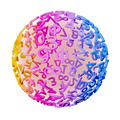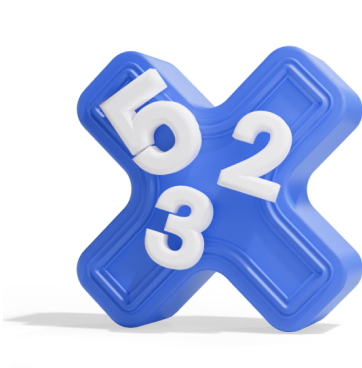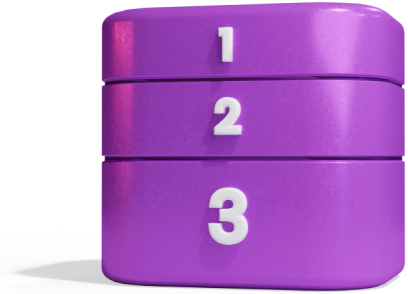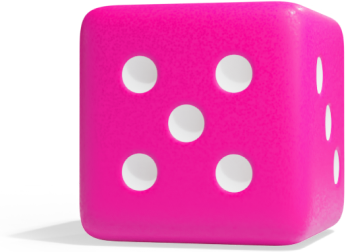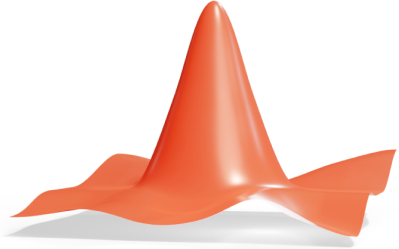What Does Measurement Uncertainty Mean?
When we make measurements, it’s impossible to measure things exactly. No matter how correct you feel your measurements are, you will always have some small uncertainty. No measuring instrument is perfect. For that reason, every measurement will only be an approximation of the exact value. But does that really matter?
For example, when you are traveling on an airplane, the airplane can only carry a certain amount of weight. This means that the plane can only carry a certain amount of people and a certain amount of luggage. To ensure that the plane is not too heavy, the airline estimates how many kilograms they can carry on a flight.
But, what if the airline makes some rough estimates? Imagine all luggage was rounded to the closest ten, and that this estimate made the weight of most of the luggage too small? The weight the airline company estimated to be on the plane would then have been less than the actual weight. In that case, the airplane wouldn’t be able to take off. Worst case, the plane will run out of fuel and be forced to make an emergency landing. Fortunately, airlines make very precise estimates and have room for large errors – so there is no need to worry.
Rule
Precision
Precision tells you something about how measurements gather around one given value. A measurement has good precision when you get basically the same value time and time again.
Note! Getting the same value over and over does not mean that value is the exact correct value.
Think of a biathlete racing in strong wind. When the biathlete is about to shoot at the target, he has to account for the wind. If he shoots without accounting for the wind, the bullets will be blown to the side of the target in the direction of the wind, but as long as the bullet marks are gathered in a small area, his precision will be great. If he accounts for the wind when he shoots, all five bullets will hit the target. The precision is only poor when the bullet marks are spread out.
Rule
Measurement Uncertainty
Measurement uncertainty tells us about the interval we expect the exact value to be within.
For example, look at when you measure your height. You place your feet and back up against a wall and get a friend to draw a line on the wall where the top of your head is. Next, you grab some measuring tape and measure the distance from the floor up to the line. The measuring tape says that you are cm tall. But are you really cm tall, or are you cm tall? Or maybe you are cm tall? Because the measuring tape doesn’t display millimeters, (mm) you don’t know. If it did display millimeters, how would you know whether you were cm or cm tall?
It is this uncertainty the measurement uncertainty tells us something about. In this case, it’s not important to know whether you’re cm or cm tall, but different situations demand different measurement uncertainties. As you now understand, it depends on the situation, but keep in mind that it’s important to evaluate the measurement uncertainty.
Precision is often expressed through the decimal number system.
For example, is more accurate than . But why?
contains both ones and tenths, while contains ones, tenths, and hundredths. Even if the hundredth place value is zero, the number provides more information than . might have been rounded down from another number such as , while you know for sure that hasn’t.
Rule
Precision
The more digits you have in a number, the more precise it is.
If you round the numbers and to a single decimal place, they will all round to . But if you choose , you’ve already decided that the number in the hundredth place is zero. In that case you’ve already chosen one of the numbers above, which means the number is more precise than .
Think About This
Can you explain why is more precise than ?
Because the numbers and can all be rounded to , is more precise because it is only one of the ten alternatives.
